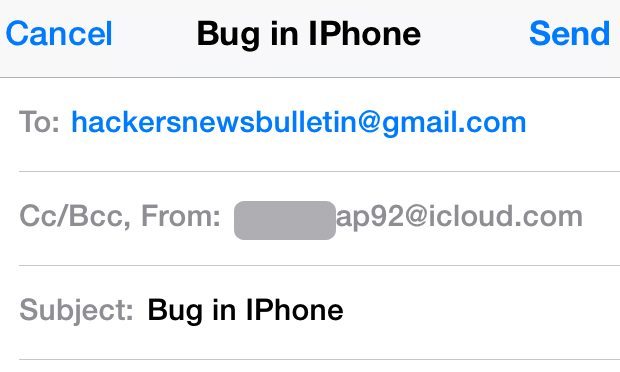
Researcher Andreas Kurtz affirms on a post on his personal blog that the Mail App in iOS 7 does not encrypt e-mail attachments even if on Apple’s support page it is state differently. This was first spotted on ZDNet and detailed later by the researcher on his personal blog.
At first,the security researcher tested this on an iPhone 4 by writing some test e-mails and attaching some documents to them. Afterwards he changed the firmware of the iPhone 4 to the latest versions of Apple’s mobile software (iOS 7.1 and iOS 7.1.1) and set up an IMAP account.
Following his research he discovered that all the documents he attached were accessible and no encryption key was needed.
Kurtz reproduced this problem also on an iPhone 5 and on a iPad 2 by running iOS 7.0.4. The first thing he did was to report the bug to Apple which apparently was aware of this problem but unfortunately didn’t gave him an expected date for the fix.
On Apple’s support page it is stated that the Mail Application encrypts e-mails attachments and that protects personal information: “provides an additional layer of protection for your email messages attachments, and third-party applications.”
The encryption feature can not be underestimated, especially for those consumers that use their iPhones for professional or corporate purposes. It is known that encryption protects the information found in the attachments from being read by hackers who may intercept the e-mails.
Basically, when the information is being transmitted between servers, a string of code is used in order to replace plain text which ensures the confidentiality of the information. For a better understanding let’s have an example: the consumer writes a simple message such as “Hello!” and sends it. After the message has been sent encryption intervenes and translates the message to a hashed code such as “F#h7er” before it reaches to the recipient.
Mobile enterprise software provider Good Technology revealed in a study that 91.4% of all enterprise tablet activations in the last quarter of 2013 are iPads. Taking this into considerantion, everyone agrees that this problem must be fixed as soon as possible.

